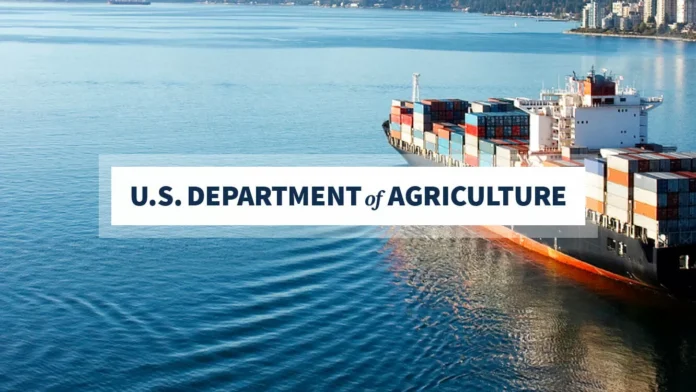WASHINGTON, Feb. 5, 2024 – The U.S. Department of Agriculture (USDA) is making strides towards promoting diversity and inclusivity in the agricultural industry. In a groundbreaking announcement, Deputy Secretary Xochitl Torres Small revealed that 19 minority-serving educational institutions have been selected to participate in the 2024 USDA Agricultural Export Market Challenge.
This initiative, which is part of the USDA’s ongoing efforts to support and enhance agricultural exports, aims to provide these institutions with the necessary resources and opportunities to expand their global reach and increase their presence in the international market. The chosen institutions include historically Black colleges and universities (HBCUs), Hispanic-serving institutions (HSIs), and tribal colleges and universities (TCUs).
The 2024 USDA Agricultural Export Market Challenge is a platform for these minority-serving institutions to showcase their unique agricultural products and services to the world. By participating in this challenge, they will have the chance to connect with potential buyers and partners from different countries, gain valuable insights into global market trends, and receive training on export strategies and regulations.
Deputy Secretary Torres Small expressed her excitement and optimism about the potential impact of this program, stating, “We are proud to support these 19 minority-serving institutions and provide them with the tools they need to thrive in the global market. By diversifying our agricultural exports, we can create new opportunities for these institutions and promote a more inclusive and resilient agricultural industry.”
The USDA is committed to promoting diversity and inclusion in all aspects of the agricultural sector. This includes supporting and investing in minority-owned businesses and institutions, as well as providing resources and training to help them succeed in the global market.
The 19 selected institutions will receive a grant of up to $200,000 to support their participation in the challenge. This funding will be used to cover expenses such as travel, marketing materials, and translation services. In addition, they will have access to a team of USDA experts who will provide guidance and support throughout the challenge.
This program is a win-win for both the selected institutions and the USDA. By participating in the challenge, these institutions will have the opportunity to increase their revenue and expand their networks, while the USDA will benefit from the diversity and innovation that these institutions bring to the agricultural export market.
The 2024 USDA Agricultural Export Market Challenge is also a step towards achieving the USDA’s goal of increasing U.S. agricultural exports to $50 billion by 2025. By promoting diversity and inclusivity in the export market, the USDA is creating a more resilient and competitive agricultural industry that can withstand the challenges of a constantly evolving global market.
The USDA’s commitment to diversity and inclusion is also reflected in its workforce. The department has implemented various initiatives to promote diversity and provide equal opportunities for all employees. This includes the establishment of the USDA Office of Minority and Women Inclusion, which works to ensure that the department’s policies and programs are inclusive and equitable.
The 2024 USDA Agricultural Export Market Challenge is a testament to the USDA’s dedication to promoting diversity and inclusivity in the agricultural industry. By supporting minority-serving institutions, the department is not only promoting economic growth and job creation, but also creating a more inclusive and equitable society.
In conclusion, the selection of 19 minority-serving institutions to participate in the 2024 USDA Agricultural Export Market Challenge is a significant milestone in the department’s efforts to promote diversity and inclusivity in the agricultural industry. This program will not only provide these institutions with the necessary resources to expand their global reach, but also contribute to the USDA’s goal of increasing agricultural exports. With this initiative, the USDA is paving the way for a more diverse, resilient, and successful agricultural industry.

